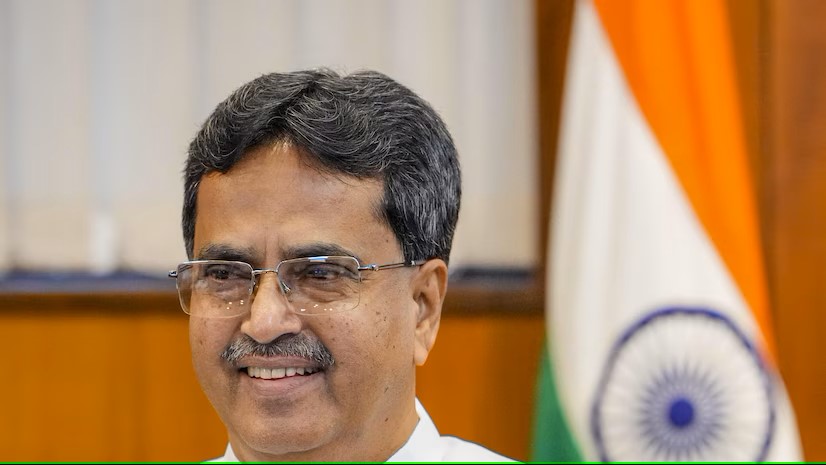Tripura Chief Minister Manik Saha recently announced an ambitious plan to transform the economic landscape of the state by creating 114,000 ‘Lakhpati Didis’ by the end of the current financial year. This initiative, which seeks to empower women and boost grassroots entrepreneurship, is part of the state’s larger mission to promote financial inclusion and rural development.
The term ‘Lakhpati Didis’ refers to women who earn at least one lakh rupees annually through self-employment and micro-enterprises. By leveraging the potential of women-led self-help groups (SHGs), the Tripura government aims to create sustainable income opportunities and uplift economically marginalized communities.
Empowering Women Through Self-Help Groups
The cornerstone of this initiative is the strengthening of women-led SHGs, which have proven to be effective instruments for socio-economic development. According to CM Saha, the government is actively working to support SHGs through financial aid, skill development programs, and access to markets. “Our vision is to empower women economically so that they can contribute to their families and communities in a meaningful way,” said the Chief Minister during a press briefing.
Under this program, the state government will facilitate the formation of new SHGs while also bolstering existing ones. The focus will be on training women in various income-generating activities such as handicrafts, poultry farming, food processing, and tailoring. Additionally, efforts will be made to connect these SHGs with markets both within and outside Tripura to ensure that their products fetch competitive prices.
Collaboration with Central Schemes
The initiative is being closely aligned with central government schemes like the Deendayal Antyodaya Yojana – National Rural Livelihoods Mission (DAY-NRLM). This ensures that SHGs in Tripura receive financial backing, technical training, and logistical support from the Centre. CM Saha highlighted that funds have already been allocated to enhance the operational capacity of SHGs and to provide them with better access to credit.
Moreover, the government plans to collaborate with financial institutions and corporate entities under Corporate Social Responsibility (CSR) initiatives to offer micro-loans and grants to these groups. These financial interventions are expected to play a pivotal role in helping women entrepreneurs scale their operations and achieve the ‘Lakhpati’ milestone.
Addressing Challenges in Implementation
While the vision is ambitious, the implementation of such a large-scale program comes with its challenges. Rural women often face barriers such as lack of education, inadequate access to technology, and limited mobility. To address these issues, the government is rolling out capacity-building programs tailored to the unique needs of women in Tripura’s rural areas.
The state also faces logistical hurdles, including inadequate infrastructure in remote areas. To tackle this, the administration is investing in building better roads, storage facilities, and digital infrastructure to facilitate smooth operations for SHGs.
Success Stories to Inspire Change
Several SHGs in Tripura have already set examples of success, showcasing the potential of women-led enterprises. For instance, groups engaged in bamboo handicrafts and organic farming have seen significant income growth after receiving government support. These success stories are being highlighted as part of a broader campaign to inspire other women to join the movement.
One such success story is the ‘Amra Shakti’ SHG in West Tripura, which specializes in producing eco-friendly bags. With government assistance, the group has expanded its operations and now supplies products to markets in Assam and Meghalaya, generating annual revenues exceeding one lakh rupees per member.
A Transformative Vision for Tripura
The ‘Lakhpati Didis’ initiative reflects the state government’s commitment to inclusive development. By focusing on women’s empowerment and rural entrepreneurship, Tripura is setting an example for other states to follow.
CM Manik Saha’s vision aligns with the broader national agenda of creating an Atmanirbhar Bharat (self-reliant India), where grassroots empowerment plays a key role in economic growth. The Chief Minister expressed confidence that the program would not only enhance women’s economic independence but also contribute significantly to the state’s GDP.
As the financial year progresses, all eyes will be on Tripura to see how effectively this ambitious target is achieved. If successful, the initiative has the potential to become a model for other states aiming to foster rural development and women’s empowerment. With robust planning, stakeholder collaboration, and community participation, Tripura’s dream of creating 114,000 ‘Lakhpati Didis’ might soon become a reality.

